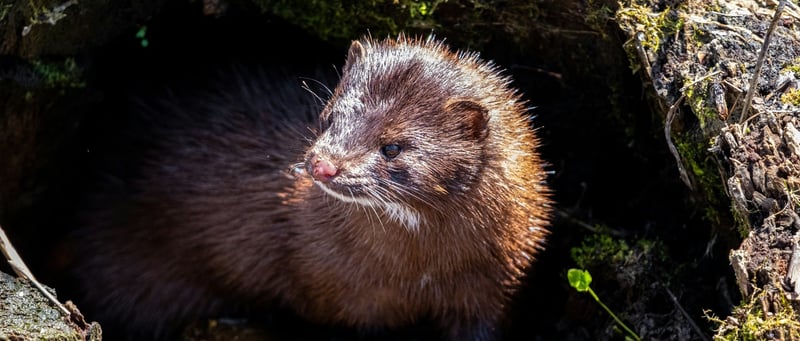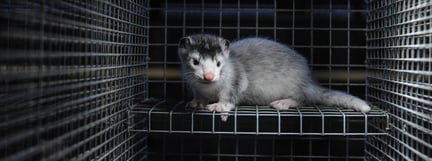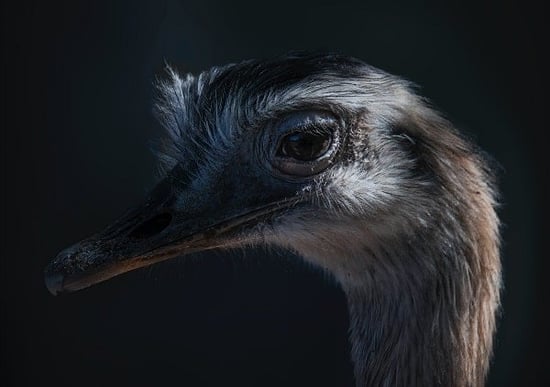
Vogue fur ban marks a turning point for animals
News
In a positive development for wild animals, Condé Nast, the global publisher behind Vogue, GQ and Vanity Fair, has announced it will no longer feature new animal fur in any of its magazines or advertising.
Images: Alexandre Daoust / Unsplash
Behind every fur coat or trim is a life of immense suffering. Millions of wild animals on fur farms are kept in cramped wire cages with no chance to express natural behaviours. After a short life full of misery, they are cruelly killed for their pelts in the name of fashion.
Condé Nast’s decision is a major step forward. Their banning of fur means the company is aligning itself with a growing global movement for ethical, sustainable and wildlife-friendly fashion.
Condé Nast, which owns Vogue, is one of the most popular and well-known fashion and lifestyle publications. This move follows years of campaigning by animal protection organisations and growing public pressure. The fashion landscape is changing as many top designers as possible, including Gucci, Versace and Prada, have already gone fur-free, showing that creativity doesn’t depend on cruelty.
True change will come when fashion is completely wildlife-free and where creativity and compassion coexist. Major fashion weeks can also help lead this change with both Melbourne and Australian Fashion Weeks banning the use of all wild animal fur, skin and feathers.
Wildlife free fashion
Right now, millions of wild animals are being captured, abused, bred, and mercilessly slaughtered so that the fashion industry can maximise their profit.
And London Fashion Week has already banned fur and wild animal skins, they can cement their commitment to protecting all wild animals by banning the use of wild bird feathers too.
That’s why, we are encouraging New Zealand Fashion Week to take the lead in rejecting wildlife cruelty and instead embrace humane and innovative alternatives.
Ask NZFW to go wildlife free
Add your voice to our letter to New Zealand Fashion Week asking them to go wildlife free.
Donate to protect animals
Magnificent ostriches farmed for their feathers are trapped inside barren yards, left hungry and exhausted.


